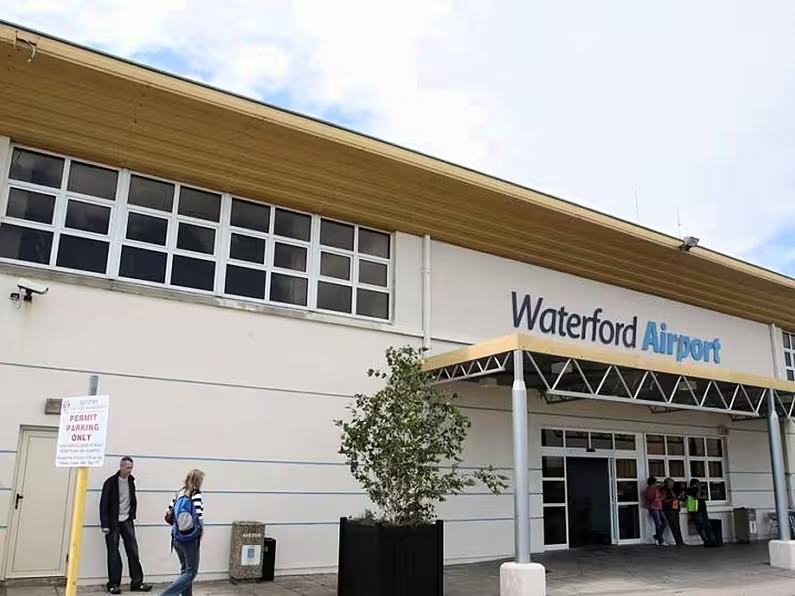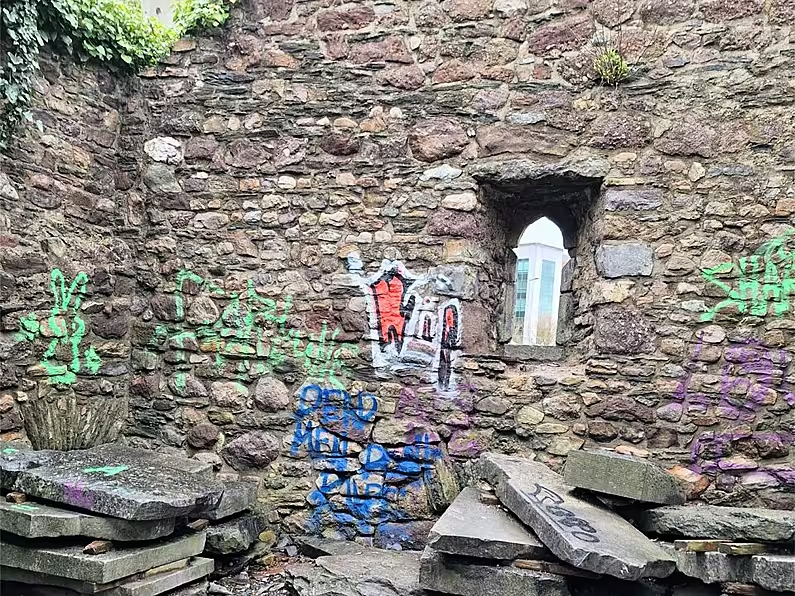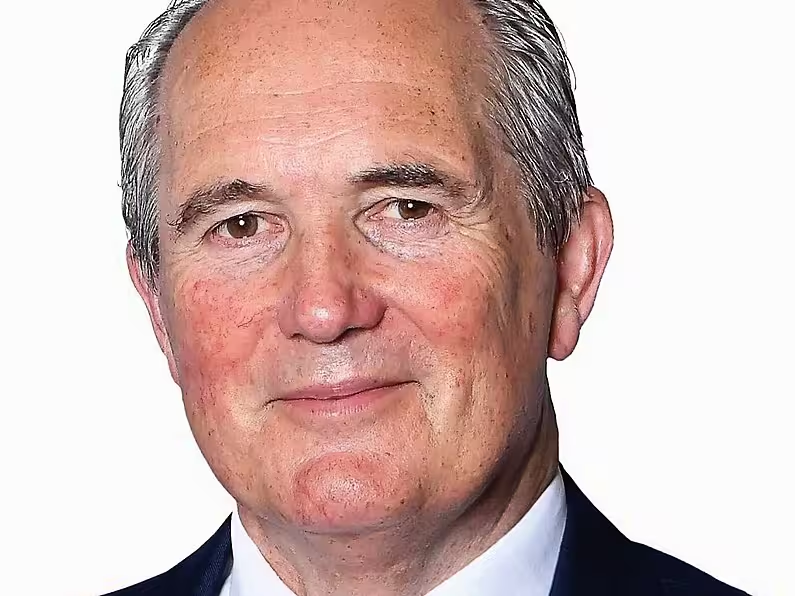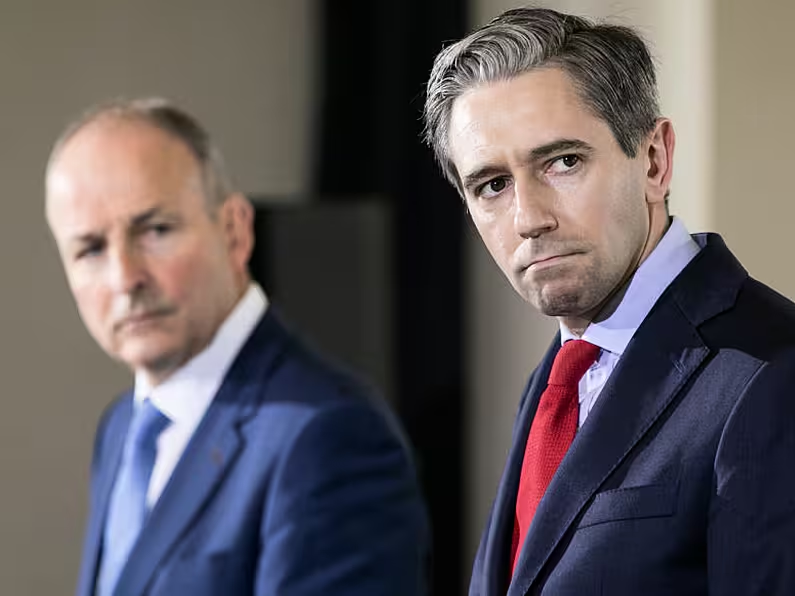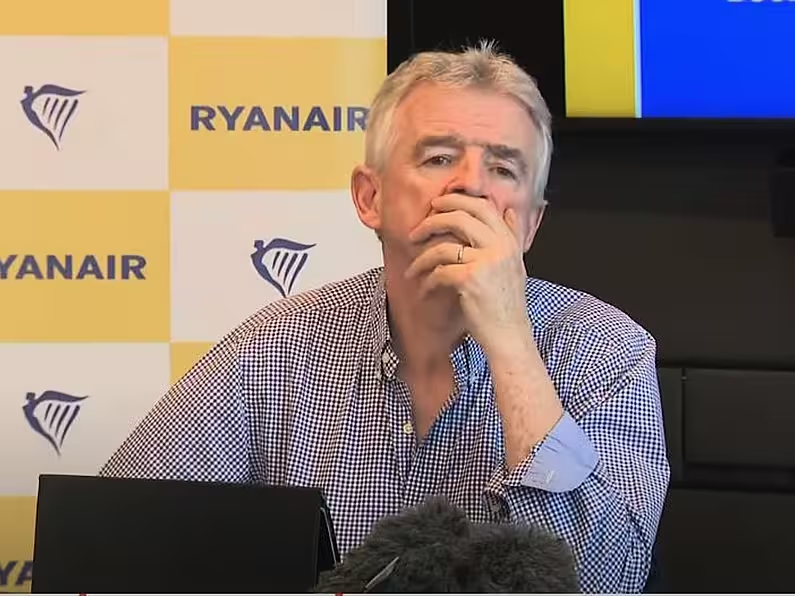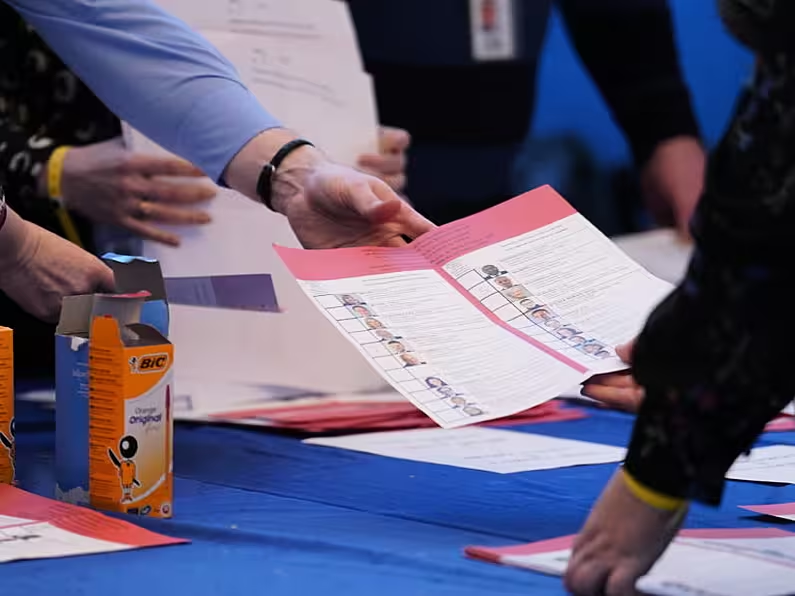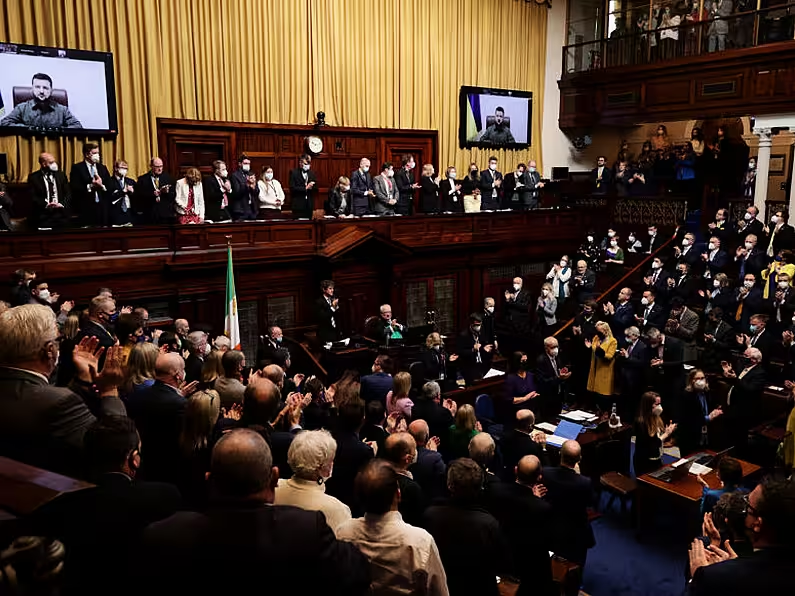By David Young and Rebecca Black, PA
Differences remain on major issues following a meeting between Taoiseach Micheál Martin and British prime minister Boris Johnson.
Both sides said the meeting was constructive and Mr Martin said the two leaders had agreed to meet again “before the summer recess”.
While The Irish Times reports there was little sign that differences over legacy issues or the Northern Ireland protocol had been bridged, sources said the meeting was a success in improving relations and agreeing future co-operation.
Speaking after the meeting last night, Mr Martin insisted that Brexit trade issues over goods moving between Britain and Ireland can be resolved.
Mr Martin said he assured Mr Johnson that the European Union “wants to be constructive”.
Wide-ranging & constructive discussions with @BorisJohnson today on British-Irish relations, including the long struggle for justice by the Ballymurphy families.
We also reaffirmed both governments’ commitment to the Good Friday Agreement and its institutions. pic.twitter.com/RtNUXmVe8W— Micheál Martin (@MichealMartinTD) May 14, 2021
Mr Martin said the UK’s Brexit minister David Frost also attended his meeting with Mr Johnson at Chequers, the UK prime minister's country house.
With the Northern Ireland Protocol retaining the region as part of the EU for goods checks, unionists and loyalists have expressed anger at what they regard as a border in the Irish Sea and separation from the rest of the UK.
Protests have been ongoing across Northern Ireland, with some resulting in serious disorder last month.
Mr Martin said the issue of the protocol is a matter for discussion between the European Union and the United Kingdom.
“We’ve been very clear and made the point there is a process in place in terms of the discussions between David Frost, who was at the meeting today, and Maros Sefcovic (EU commissioner),” he said.
“It is our view that the mechanisms that are within the Withdrawal Agreement can facilitate a resolution of these issues and should be continued with and should be pursued.
“It’s my view the European Union wants to be constructive in relation to this and that these trading issues, and many technical issues around these trading issues, can be resolved.
“Some progress has been made in respect of these talks and that process should continue.
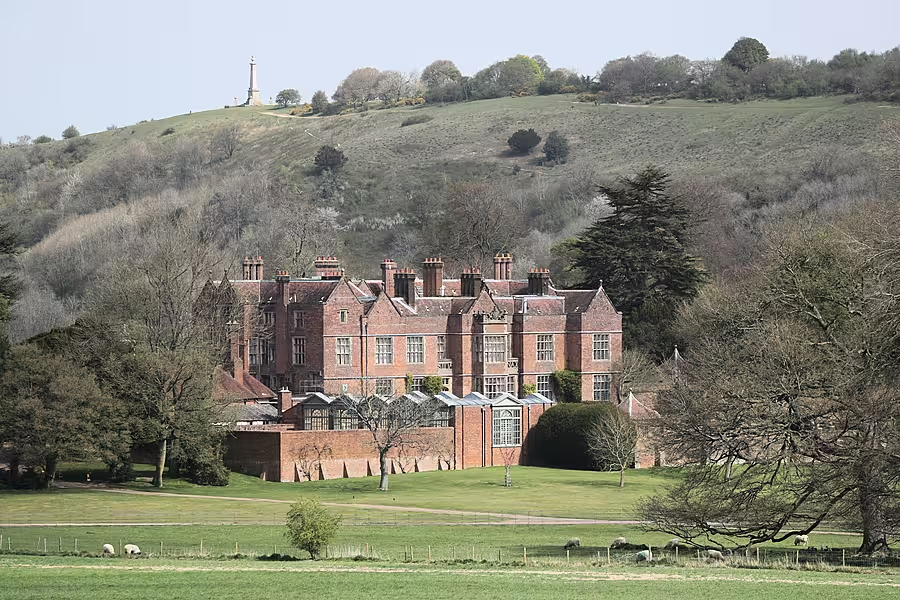
“We listened very carefully to the UK perspective on this, we gave our perspective on it and this has been an agreement that was freely entered into by the UK government with the European Union, it’s important in the early days that people work through these agreements and processes, the mechanisms contained within the agreements to resolve these issues.”
Ballymurphy deaths
The meeting also saw the leaders discuss contentious issues around dealing with Northern Ireland’s troubled past.
The two leaders discussed the landmark inquest findings on the deaths of 10 people killed in shootings in Ballymurphy, west Belfast, in 1971.
On Tuesday in Belfast, coroner Mrs Justice Keegan ruled that those who died at Ballymurphy 50 years ago were “entirely innocent”. She found that nine of the 10 had been killed by soldiers, and the use of lethal force was not justified.
Mr Martin said they had a “good discussion” on that matter.
“I think he does understand it and I think he is fully appraised of the situation and particularly we had a good discussion on that on a one-to-one basis in terms of the families and the needs of the families and their journey for justice and their long journey to vindicate their relatives who were killed and were entirely innocent of any wrongdoing,” he said.
“He fully gets that and is fully appraised of it, and it’s something that perhaps he will deal with in his way and in his own time.
Troubles crimes
Friday’s meeting between the leaders also came amid controversy around the UK government’s reported plan to introduce legislation to prevent further prosecutions for Troubles crimes committed before the 1998 Good Friday peace agreement.
Relatives of those killed at Ballymurphy had criticised a letter of apology Mr Johnson sent to them on Thursday for failing to describe the shootings at Ballymurphy in 1971 as a “massacre”.
The Downing Street statement about Friday’s meeting with Mr Martin did use that term in relation to the killings.
A Downing Street spokeswoman said: “The leaders reflected on the coroner’s report into the Ballymurphy massacre published this week. They agreed it was profoundly sad that the families of victims had to wait so long for the truth.
“The prime minister restated the UK government’s commitment to finding a way forward in Northern Ireland that delivers for victims, aids truth recovery and helps communities in the future.
“They agreed on the importance of working together to uphold the Belfast/Good Friday Agreement and to maintain smooth trade between Great Britain, Northern Ireland and the Republic of Ireland.
“The leaders resolved to continue to work together in our fight against coronavirus and to closely share information in order to enable a better recovery.”
Mr Martin has previously characterised any move to introduce an amnesty on Troubles prosecutions as a potential “breach of trust”, as it would torpedo a key mechanism to reinvestigate cold cases agreed by the UK and Irish governments and main Northern Ireland parties in the 2014 Stormont House Agreement.
On Friday evening he said they discussed the Stormont House Agreement and agreed to continue to exchange perspectives on it.
“We agreed that both governments would continue to exchange our perspectives on it but there has been no agreement or any specific movement on it,” he said.
“What we said very clearly was that there has to be an inclusive process around all issues to do with Stormont House, and they had to be inclusive of parties in Northern Ireland and indeed the victims have to be prioritised, and that this wasn’t an issue that lent itself to unilateralism.
“We said we’d keep in touch in relation to it, there was no indication to us there was going to be any precipitative moves on that but these are issues that are constantly discussed and engaged on in terms of moving these issues forward so for now both governments will continue to exchange views and that’s where it was left.”





